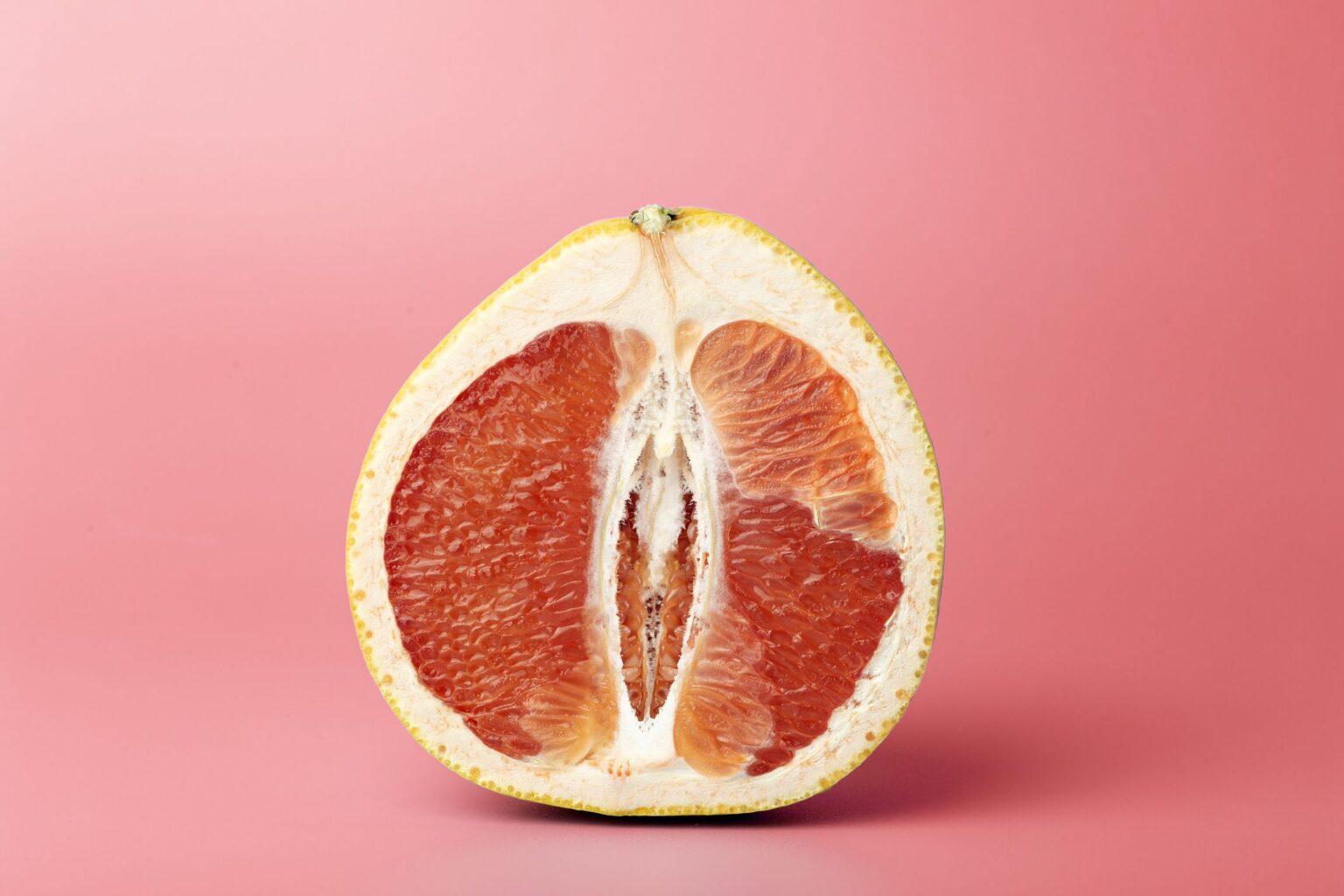The vagina is an elastic muscular canal in the female reproductive system that extends from the vulva (the external genitalia) to the cervix (the lower part of the uterus).
Its main functions include sexual intercourse, childbirth, and the passage of menstrual fluid. The walls of the vagina are lined with mucous membranes, which produce natural lubrication to help facilitate sexual intercourse and childbirth.
The vaginal canal is also home to a diverse microbiome of bacteria that helps maintain a healthy pH balance and protect against infection.
What are the different types of vagina

It’s important to note that there is no “normal” or “right” way for a vagina to look, and there is significant variation in the size, shape, and appearance of the vulva and vagina among women. With that said, here are some general terms that are sometimes used to describe different variations:
- Labia majora: The outer lips of the vulva that are typically fleshy and rounded.
- Labia minora: The inner lips of the vulva that are often thinner and more delicate than the labia majora.
- Clitoral hood: A fold of skin that covers the clitoris.
- Clitoris: A highly sensitive organ located above the vaginal opening that can become engorged with blood during sexual arousal.
- Hymen: A thin membrane that partially covers the vaginal opening in some women.
- Vaginal opening: The entrance to the vagina.
- Vaginal canal: The tube-like structure that extends from the vaginal opening to the cervix.
It’s worth noting that terms like “loose” or “tight” are not accurate ways to describe a vagina, as the vaginal walls are naturally elastic and able to stretch to accommodate different sizes. Additionally, there is no correlation between the appearance of the vulva or vagina and a woman’s sexual pleasure or health.
How to care for your vagina
Caring for your vagina is an important part of overall health and well-being.
Here are some tips on how to care for your vagina:
- Practice good hygiene: Clean your vulva and the area around it daily with mild soap and water, douches, or feminine hygiene sprays as they can disrupt the natural balance of bacteria in your vagina.
- Wear breathable clothing: Choose cotton underwear and avoid tight-fitting clothing that can trap moisture and heat, which can create a breeding ground for bacteria.
- Use protection during sex: Use condoms to prevent sexually transmitted infections (STIs), and practice safe sex to reduce your risk of developing infections.
- Maintain a healthy diet: Eating a balanced diet rich in fruits, vegetables, and whole grains can help support your vaginal health by providing your body with the nutrients it needs to function properly.
- Stay hydrated: Drink plenty of water to help flush out bacteria and maintain good vaginal health.
- Get regular check-ups: See your healthcare provider for routine pelvic exams, Pap tests, and STI screenings to detect and treat any potential issues early.
By following these tips, you can help keep your vagina healthy and free from infection.
What causes vagina odor
There are a few different factors that can contribute to vaginal odor,
Including:
- Bacterial Vaginosis: This is a common bacterial infection that can cause a fishy odor.
- Poor hygiene: Not washing the vaginal area regularly can lead to an accumulation of sweat and bacteria, causing an odor.
- Menstruation: Blood can mix with vaginal fluids and create a unique odor.
- Sexual activity: The combination of sweat, vaginal fluids, and semen can create a distinctive odor.
- Certain foods: Consuming certain foods, such as onions or garlic, can cause a temporary change in vaginal odor.
- Certain medications: Antibiotics or other medications can affect the natural balance of bacteria in the vagina and cause a change in odor.
If you are experiencing persistent vaginal odor or other symptoms, it is important to consult with a healthcare provider to rule out any underlying conditions.
How to take care of vaginal odor
Vaginal odor is a common problem among few or many women. It is usually caused by an imbalance in the bacteria that naturally reside in the vagina. Here are some tips to help you take care of vaginal odor:
- Good hygiene: Make sure to clean the area around your vagina with warm water and a mild, fragrance-free soap. Avoid using perfumed products or harsh chemicals.
- Wear breathable clothing: Opt for cotton underwear and loose-fitting clothing to allow air to circulate and prevent moisture buildup.
- Change your tampons or pads frequently: Make sure to change your tampons or pads every 4-6 hours to prevent the buildup of bacteria and reduce the risk of infection.
- Avoid douching: Douching can disrupt the natural balance of bacteria in the vagina and lead to an overgrowth of harmful bacteria, causing odor and other problems.
- Eat a healthy diet: Eating a healthy diet that is rich in fruits, vegetables, and whole grains can help maintain a healthy balance of bacteria in your body.
- Manage your stress: High levels of stress can lead to an overgrowth of harmful bacteria in the body, so it’s important to manage stress through exercise, relaxation techniques, or other methods.

![DJ R2 - Naija Old school [Throwback Mixtape]](https://speedup9ja.com/wp-content/uploads/2023/09/dj-r2-mix-150x150.jpg)










